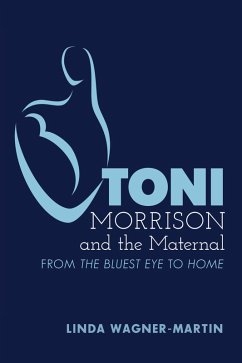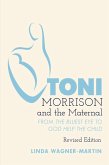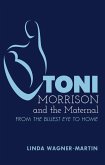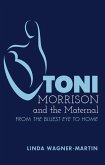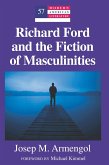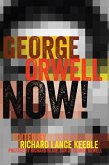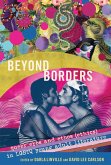In this revised edition, Linda Wagner-Martin offers a compelling study of African American writer Toni Morrison's work, beginning with The Bluest Eye in 1970 and continuing through her 2015 novel God Help the Child. Wagner-Martin describes Morrison as an inherently original novelist who was shaped throughout her career by her role within families. Her study focuses on Morrison's use of family in her narratives, particularly on the roles of mother and child. Beginning with the paradigm of a good mother (Mrs. MacTeer) in The Bluest Eye, set against women who are found wanting in their mother roles, Morrison concentrates in various ways on emphasizing these mother characters. Sometimes those roles are peripheral; more often, they are central. In Sula, for example, the title character has no interest in mothering, but she shows herself to be the product of family disinterest; in Song of Solomon Morrison creates what she terms an ancestor figure to give guidance to the young; in Tar Baby Marie Therese continues that role. Beloved tackles many dimensions of a mothers role. As Morrison continues to write her varied and powerful novels, from Jazz and Paradise through Love, A Mercy, and Home, the attention to judging the efficacy of mothering grows. Finally, in God Help the Child, she attends to little else. In Morrison's fictional world, drawing from the human and spiritual forces in both Africa and the United States provides some hope of a truly satisfying existence.
Dieser Download kann aus rechtlichen Gründen nur mit Rechnungsadresse in A, D ausgeliefert werden.

